When an Alaska Airlines Boeing 737 MAX 9 made an emergency landing due to a door seal coming loose, new alarm bells started ringing for Boeing.
A door seal on a Boeing 737 MAX 9 broke off, creating a large hole that sucked in belongings at an altitude of nearly 5,000 meters on January 5. All 177 passengers and crew members on board were safe thanks to the pilot's handling skills, but the incident has caused Boeing to face many storms from the beginning of 2024.
Over the past half-decade, public confidence in the leading US aircraft manufacturer has fallen dramatically, linked to multiple incidents of the Boeing 737 MAX aircraft. The gap in market share between Boeing and its direct European competitor Airbus has widened significantly, after the US manufacturer continued to see a decline in orders and deliveries each year.
The new incidents threaten to further erode Boeing's credibility and standing, leaving many longtime customers and passengers increasingly concerned.
Dr. William Bensinger, an aviation medicine expert, told the Seattle Times that if the January 5 door seal failure had occurred at twice the altitude, the consequences could have been catastrophic.
Boeing designed the emergency exit between the wing and tail of the 737 MAX 9, but since some airlines don't use them, a panel has been installed in its place. The panel has a window to make it look like a normal part of the fuselage.
On the night of January 5, Alaska Airlines temporarily suspended all flights of its 737 MAX 9 fleet as a precautionary measure. The following day, the US Federal Aviation Administration (FAA) required all 171 Boeing 737 MAX 9 aircraft in the US to stop operations for inspection and maintenance if necessary.
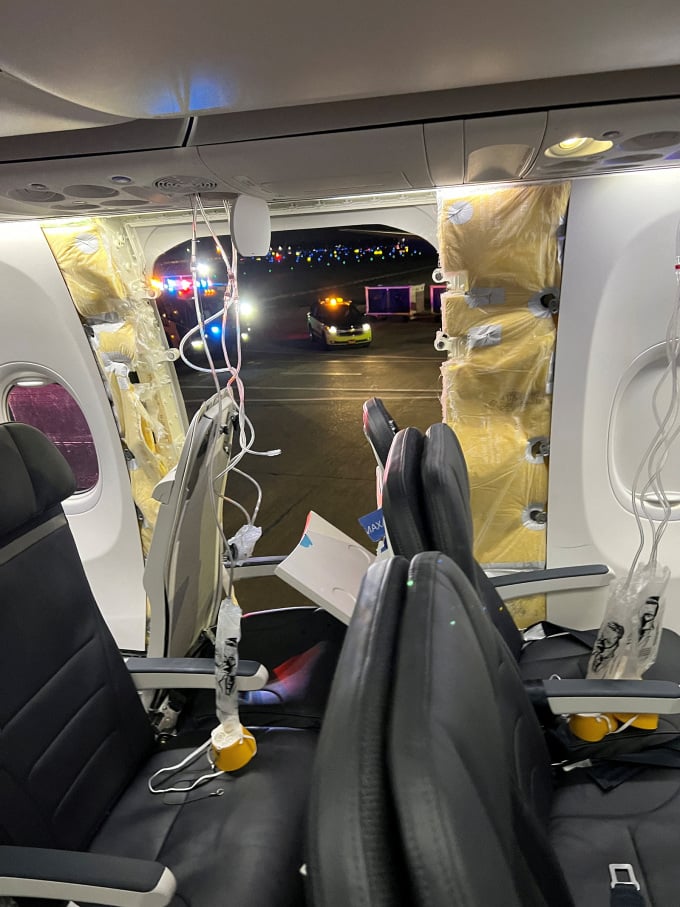
A door seal came loose on an Alaska Airlines flight in Portland, Oregon, USA on January 5. Photo: Reuters
Troubles continue to crop up. On January 8, United Airlines discovered loose screws on several Boeing 737 MAX 9 aircraft during a preliminary inspection following the Alaska Airlines incident. United Airlines canceled 200 flights using Boeing MAX 9 aircraft.
Boeing CEO Dave Calhoun acknowledged the mistake in the door seal incident during a safety meeting on January 9, pledging to prevent it from happening again. He noted that the loose screws discovered during inspections were a manufacturing error.
Following Mr. Caloun's comments, the FAA launched a review of the entire Boeing 737 MAX 9 production line, saying it would review "whether Boeing can ensure that finished products conform to the approved design and operate safely in accordance with FAA regulations."
Alaska Airlines announced on January 23 that an inspection following the door seal incident found loose screws on many Boeing 737 MAX 9 aircraft, causing discontent among airline executives.
"I'm not just disappointed, I'm angry. This happened to Alaska Airlines, to our passengers and to the American people," said Ben Minicucci, chief executive of Alaska Airlines. He called on Boeing to "improve its internal quality processes."
Boeing has been hit hard since then. United Airlines CEO Scott Kirby warned the airline was reconsidering its multi-billion dollar order for 227 737 MAX 10s following Boeing's recent problems.
"I'm disappointed that the production problems continue to occur at Boeing. This is not a new problem," Kirby told CNBC , adding that Boeing needs "real action" to address the production problems.
The comments from two major Boeing customers represent some of the most serious criticism the company has faced since the crisis began this month.
Boeing is also facing a lot of political pressure. On January 24, director Dave Calhoun had to testify before the US Congress to answer questions about the 737 MAX line having to stop flying.
In an attempt to limit the damage to its reputation amid delayed orders, one of Boeing's most senior executives has apologized.
"We have disappointed our customers and deeply apologize for the significant disruption to them, their employees and their passengers," said Stan Deal, president and CEO of Boeing Commercial Airplanes. "We are moving forward with a comprehensive plan to safely return these airplanes to service and improve our delivery quality and performance."
The company also announced plans to address quality issues at all of its aircraft manufacturing and research facilities, requiring production to be halted so employees can undergo quality training.
But that apology doesn't seem to be enough to appease customers. "I think the MAX 9 events were the last straw. At the very least, we're going to be working on a new plan that doesn't use the MAX 10," CEO Kirby said.
After disappointing MAX 9 sales, Boeing has bet on the larger MAX 10, hoping to close the gap with Airbus's A321neo. Analysts say the MAX rollout is crucial to helping Boeing maintain its 40% market share and build momentum to regain the lead from Airbus over the next decade.
However, the United Airlines warning could threaten Boeing’s target, according to observers. The company’s shares have fallen 16% this year.
Boeing's current crisis is blamed on factors such as poor quality control, the race for profits and internal divisions within the company, according to former employees and analysts.
For the past decade, Boeing’s top executives have prioritized delivering planes to customers as quickly as possible. But for those working on the manufacturing floor, this goal has put them under intense pressure to meet deadlines and forced them to cut corners.
A former Boeing employee, who spoke on condition of anonymity, said the intense pressure affected morale and the quality of work. They were often required to work overtime to deliver planes as soon as possible. The former employee said he had to work 10-12 hours a day for many years, instead of the required eight hours.
Boeing ordered inspections of the 737 MAX in December 2023 after reports of loose screws in the tail control system. Four months earlier, Boeing discovered problems related to improperly fastened screw holes in the rear pressure bulkhead.
Observers note that the decline in the quality of Boeing aircraft also stems from the company's race to compete with Airbus.
The pressure has further divided Boeing, with planemakers saying executives lack an understanding of the importance and time required of their work.
Cornell Beard, president of the International Association of Machinists and Aerospace Workers, said the constant pressure also affects quality control. “We have airplanes that have problems all over the world that no one has noticed because of the pressure to get things done so quickly,” he said.
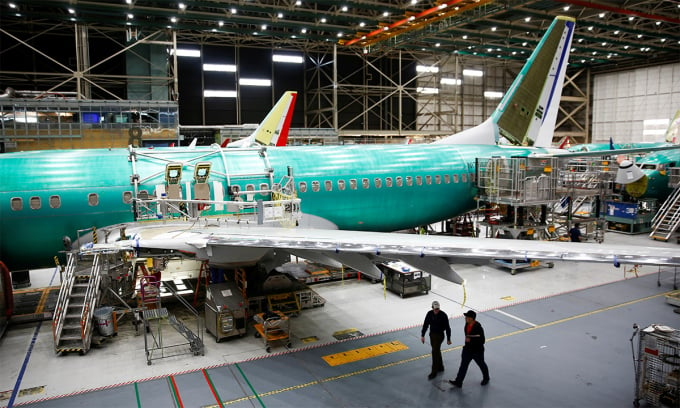
Boeing 737 aircraft manufacturing plant in Renton, Washington state, USA in March 2019. Photo: Reuters
Boeing's reputation was severely damaged when the 737 MAX 8 model was banned from flying worldwide after two catastrophic crashes in 2018 and 2019, which killed 346 people.
After the 737 MAX was grounded for 21 months starting in March 2019 and the Covid-19 pandemic reduced air travel demand, Boeing laid off employees close to retirement age. But as travel demand picked up again, the company faced a new problem: a lack of experienced employees. They tried to rehire retired employees to oversee production, but some refused because of the stressful work environment.
Boeing is trying to address the crisis after a series of recent problems. On January 15, the company unveiled a five-point plan to ensure aircraft quality, including increased quality checks throughout the production process. Although Boeing has increased inspections by 20% since 2019, that is still not enough to meet demand.
Boeing supplier Spirit AeroSystems is also under increased scrutiny. Boeing plans to inspect more than 50 points during the manufacturing process to assess whether they meet specifications.
The US aircraft manufacturer also confirmed that it will facilitate customers who want to review the production process and evaluate the quality of the company. They also appointed retired US Navy Admiral Kirkland H Donald as an advisor, together with a group of outside experts to thoroughly evaluate the quality of the aircraft.
CEO Calhoun previously said Boeing would work with regulators to ensure the incident never happened again and "every next airplane that flies is truly safe".
But Richard Aboulafia, chief executive of Michigan-based consulting firm AeroDyanmic Advisory, called the changes "pointless and superficial." Aboulafia said Boeing would need to improve the relationship between the company's top executives and the employees who build the planes.
To achieve that, the expert said, Boeing needs to focus on adding skilled employees to high positions, instead of just prioritizing profits. Without that change, Boeing will "simply move from one crisis to another," he said.
Thanh Tam (According to Al Jazeera, Reuters, FT )
Source link



![[Photo] Panorama of the cable-stayed bridge, the final bottleneck of the Ben Luc-Long Thanh expressway](https://vphoto.vietnam.vn/thumb/1200x675/vietnam/resource/IMAGE/2025/9/30/391fdf21025541d6b2f092e49a17243f)
![[Photo] General Secretary To Lam, Secretary of the Central Military Commission attends the 12th Party Congress of the Army](https://vphoto.vietnam.vn/thumb/1200x675/vietnam/resource/IMAGE/2025/9/30/9b63aaa37ddb472ead84e3870a8ae825)
![[Photo] President Luong Cuong receives President of the Cuban National Assembly Esteban Lazo Hernandez](https://vphoto.vietnam.vn/thumb/1200x675/vietnam/resource/IMAGE/2025/9/30/4d38932911c24f6ea1936252bd5427fa)
![[Photo] The 1st Congress of Phu Tho Provincial Party Committee, term 2025-2030](https://vphoto.vietnam.vn/thumb/1200x675/vietnam/resource/IMAGE/2025/9/30/1507da06216649bba8a1ce6251816820)
![[Photo] Solemn opening of the 12th Military Party Congress for the 2025-2030 term](https://vphoto.vietnam.vn/thumb/1200x675/vietnam/resource/IMAGE/2025/9/30/2cd383b3130d41a1a4b5ace0d5eb989d)
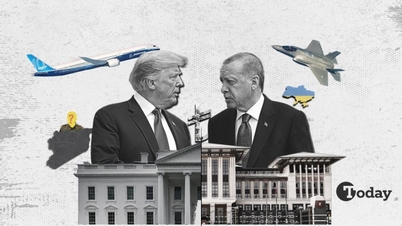

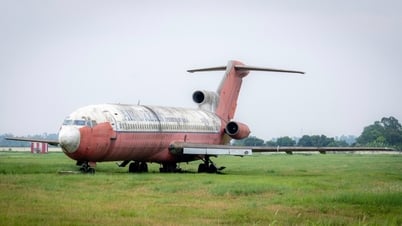

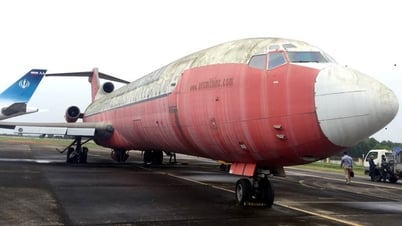




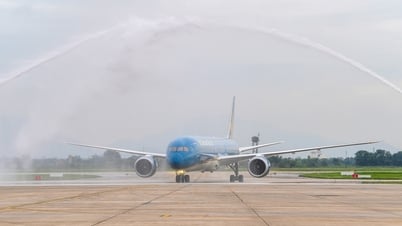



















































































Comment (0)